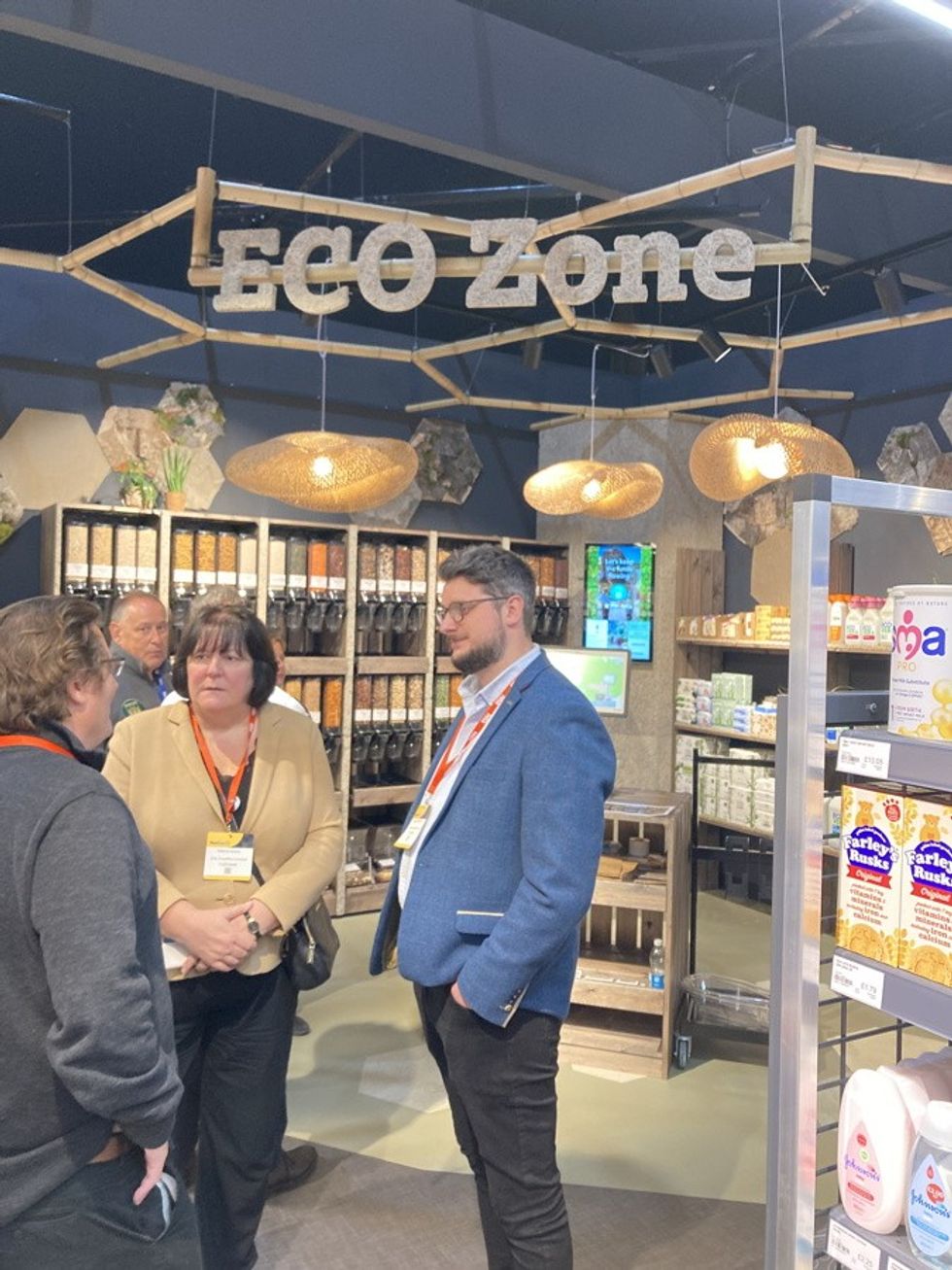Nisa has unveiled key updates to its Evolution store format, which is being showcased at the annual Nisa Expo this week.
The format demonstrates a series of solutions available as retailers face into an ever-evolving landscape, increasing costs and consumer needs.
The symbol group said operational efficiency for retailers whilst still delivering for their customers in both proposition and shopper experience are the key elements of the updated Nisa Local store format.
“The cost-of-living crisis is impacting on retailers as well as consumers and while we are still seeing investment being made in stores, we understand the challenges facing retailers today and want to support them in maximising their investment,” Darren May, head of format at Nisa, said.
“Through the Stoneleigh store we hope to demonstrate a choice of solutions for our customers to ensure operating efficiency while still delivering the right consumer experience, keeping our retailers at the forefront of the market and helping them to remain the destination store.”
Key areas incorporated into the 3,000 sq. ft Stoneleigh store include:
Delivered Services: The store features a designated collection area demonstrating how to maximise the opportunity within this rapidly growing market with numerous solutions to support our customers.
Food to go: The Nisa store has maintained the modular approach for FTG solutions enabling retailers to work in the right solution for them regardless of store size. Recovering rapidly post Covid, food to go is a key proposition consumers expect in-store. The Stoneleigh store highlights a new counter design creating a quick and efficient consumer experience and designated zones flowing around the main counter help to drive the mission led consumer as well as maximise impulse purchases.
Technology: This continued evolution has led to ever increasing examples of recent technology incorporated across retail. The store displays an array of solutions to help maximise sales and improve efficiencies.
Energy efficiency and sustainability: A key focus in view of the cost-of-living crisis with this year, the store boasts a dedicated area highlighting options available to retailers and seeking the right solution for them.
HFSS: With the current HFSS regulations due to come into force next month, the store has been designed and ranged with this in mind. Gondola ends and displays in high footfall areas have been used to demonstrate how best to range products, in-aisle HFSS compliant bays, signposting and information help educate retailers and offer suggestions on the best way to display impacted products with a particular focus on seasonal activity.
Co-op own brand: The store is ranged with over 1,200 of award-winning Co-op own label products utilising latest Nisa planograms to illustrate how the range complements the branded ranges throughout the store.








